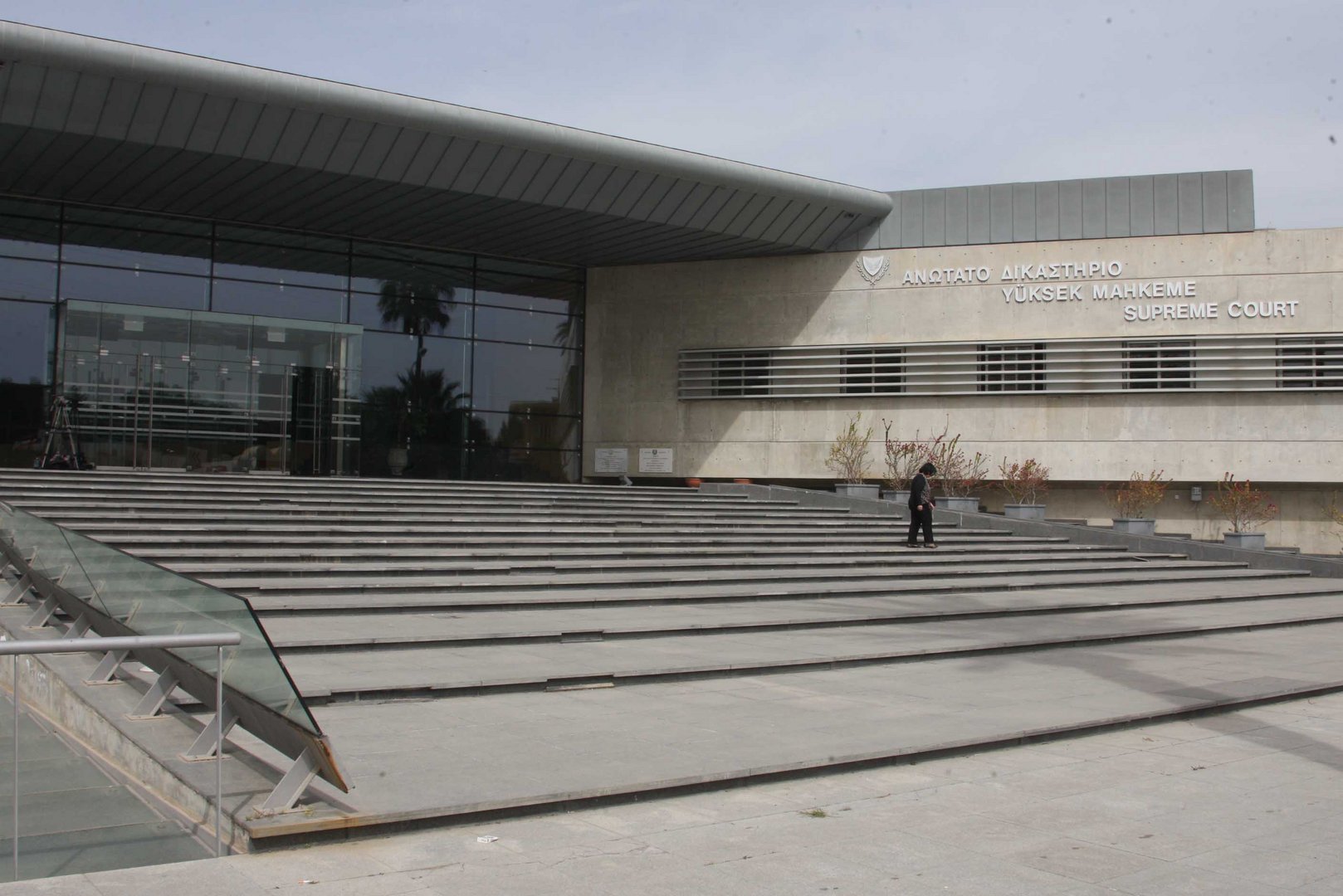Failure of government to prosecute blatant cases of corruption and nepotism most striking example of crony capitalism on the island
By Les Manison
Capitalism, also called a free market economy, is an economic system that dominates the Western world in which most means of production are privately owned and production is guided and income distributed largely through the operation of markets.
Beginning with Adam Smith, it has been contended that a capitalist system requires genuine competition for market forces to produce an efficient allocation of resources enabling nations to increase their wealth. In so far as most existing economies, including Cyprus, are mixed – combining elements of free markets with state intervention – free competition is distorted.
In practice and more specifically in Cyprus not only does state intervention to provide public goods and services distort competition, but a combination of crony capitalism and debt-fuelled rent-seeking and financial capitalism interfere with the operation of free markets, producing damaging effects on the economy and society. Most notably, innovation and risk-taking entrepreneurship are stifled, leading to an inefficient allocation of productive resources and lack of decent jobs, while rentier capitalism channels income to the owners of property at the expense of society. In addition, wages stagnate as capitalists exploit their market power, and labour markets are transformed by automation, outsourcing and the online-demand economy, widening inequalities and increasing the insecurity of many individuals.
Crony capitalism
It has been stated that “the central problem of modern capitalism is the tendency of wealth to transform itself into political power that corrupts the political process and generates laws and regulations favouring the wealthy”. This view of Robert Reich, Labour Secretary during the US Clinton Presidency, captures the essence of how the capitalist system operates in Cyprus, with the caveat that it is also the biased and weak enforcement of laws and regulations to favour the rich and powerful that is a salient feature of the political economy of Cyprus.
Crony capitalism associated very much with rent-seeking is prevalent in Cyprus and characterised by individuals and businesses with political connections and influence seeking and being favoured with tax breaks, subsidies, awards of public sector contracts and jobs, and other forms of government intervention in ways seen as suppressing open competition.
Weaknesses and inefficiencies in the justice system and public services including tax administration are gladly tolerated by the ruling class with laws and regulations deliberately designed, selectively applied, and bypassed to favour particular business entities and politically connected individuals. Most importantly, lengthy politically-tainted court proceedings and judgements contribute to weak contract enforcement including that for property rights.
Furthermore, developers and hoteliers are often explicitly or stealthily permitted to violate environmental regulations such as in the construction of buildings in nature-protected areas.
The uneven administration of the grossly inefficient tax system of Cyprus highlighted by the government condoning prolific tax evasion contributes importantly to an unlevel playing field and deprives the government of the revenue resources required to provide high quality public services and infrastructure.
However, it is the failure of the Cyprus government, especially its legal authorities, to investigate, prosecute and penalise blatant cases of corruption, nepotism and conflicts of interest that characterise most strikingly the crony capitalism of Cyprus. Government bureaucrats who have been bribed to give generous concessions to companies in the contracting of Public Private Partnership projects, such as those involving waste management, have not been penalised for their corrupt behaviour. And government leaders taking their close relations on official overseas trips so that the latter can undertake private business escape prosecution.
With certain businesses in Cyprus given unfair advantages through their political connections, such as being able to effectively default on tax and debt obligations, market competition has been substantially distorted, making it difficult for smaller businesses to succeed. And with larger businesses in a dominant position and facing diminished competition these firms are less inclined to undertake innovation and engage in risk-taking entrepreneurial activities.
As a result, investments in new activities and technologies are limited, making the Cyprus economy much less productive in use of its resources of capital and skilled labour. Indeed, the crony capitalism of Cyprus with its impact on resource allocation contributes significantly to the country becoming a low value-added and wage economy being increasingly dependent on imported cheap labour. It has been stated that Cyprus is becoming a land dominated by foreign tourists and pensioners being served by immigrant workers.
Financial capitalism
Banks and other financial institutions have also contributed to the inefficient allocation of the economy’s resources. Indeed, it was the unproductive lending of banks to politically connected business entities, especially property developers, that was a major factor in causing the 2012/13 financial crisis and the piling-up of the huge amount of Non-Performing Loans (NPLs) that have burdened the economy since.
Powerful developers have not only continued to receive loans on very favourable terms, but have been allowed to effectively violate loan contracts through generous debt write-offs, often in exchange for over-valued property.
And in recent years, banks have largely failed to use their plentiful loanable funds productively in financing investments in the real economy. By end 2022 Cyprus banks held cash and cash balances at Central Banks totaling €24.8 billion, more than their loans and advances outstanding of €24.3 billion.
Furthermore, by shifting away from their traditional role of mediating funds between savers and investors, Cyprus banks have become increasingly preoccupied with removing NPLs from their balance sheets with foreclosures of the properties of many smaller businesses and households and selling such loans and their property collateral to third parties. However, a great multitude of households and non-financial corporations remain loaded heavily with debt. Furthermore, Cyprus banks in selling foreclosed properties at large discounts to mainly rich investment and equity funds make considerable profits and transfer wealth rather than create wealth through the financing of real production.
Remedial measures and reforms
To iron out the crony capitalism in Cyprus reforms of the justice and tax administration systems to make them more efficient and less politically tainted are paramount. And the legal authorities, police and tax administrators must have the political backing to strictly and even-handedly enforce laws and regulations.
Moreover, in addressing issues related to crony capitalism, including corruption, Cyprus needs to substantially improve transparency and accountability in its political and economic systems. Transparency on government contracts and subsidies should be enhanced. And the fight against corruption can be helped by requiring accurate transparency on political donations, lobbying activities and wealth declarations by politically exposed persons. And penalties should be levied for disclosing inaccurate and incomplete information.
Furthermore, the media and investigative journalism can play an important role in exposing corruption and initiating legal, political and penal action, as the Al Jazeera documentary did with Cyprus’ golden passport scandal.
To guard against political pressures and the influence of the rich and powerful, the independence of regulatory bodies needs to be enhanced. Independent competent persons should be appointed to head and manage these institutions rather than the loyalists of ruling political parties.
And to mitigate against the activities and the unproductive lending of financial institutions as well as their role in facilitating corruption, such as banks permitting money laundering transactions enabling the illegal purchase of passports and property, there is a compelling need to strengthen the regulations of and supervision by financial institutions. The Central Bank of Cyprus should re-introduce macro-prudential policies to deal with excessive bank lending to the property sector and, most importantly, institute measures to regulate the sale of foreclosed properties to third parties.
Leslie G Manison is an economist and financial analyst. He is a former senior economist at the International Monetary Fund, an ex-advisor in the Cyprus finance ministry and at the Central Bank of Cyprus







Click here to change your cookie preferences